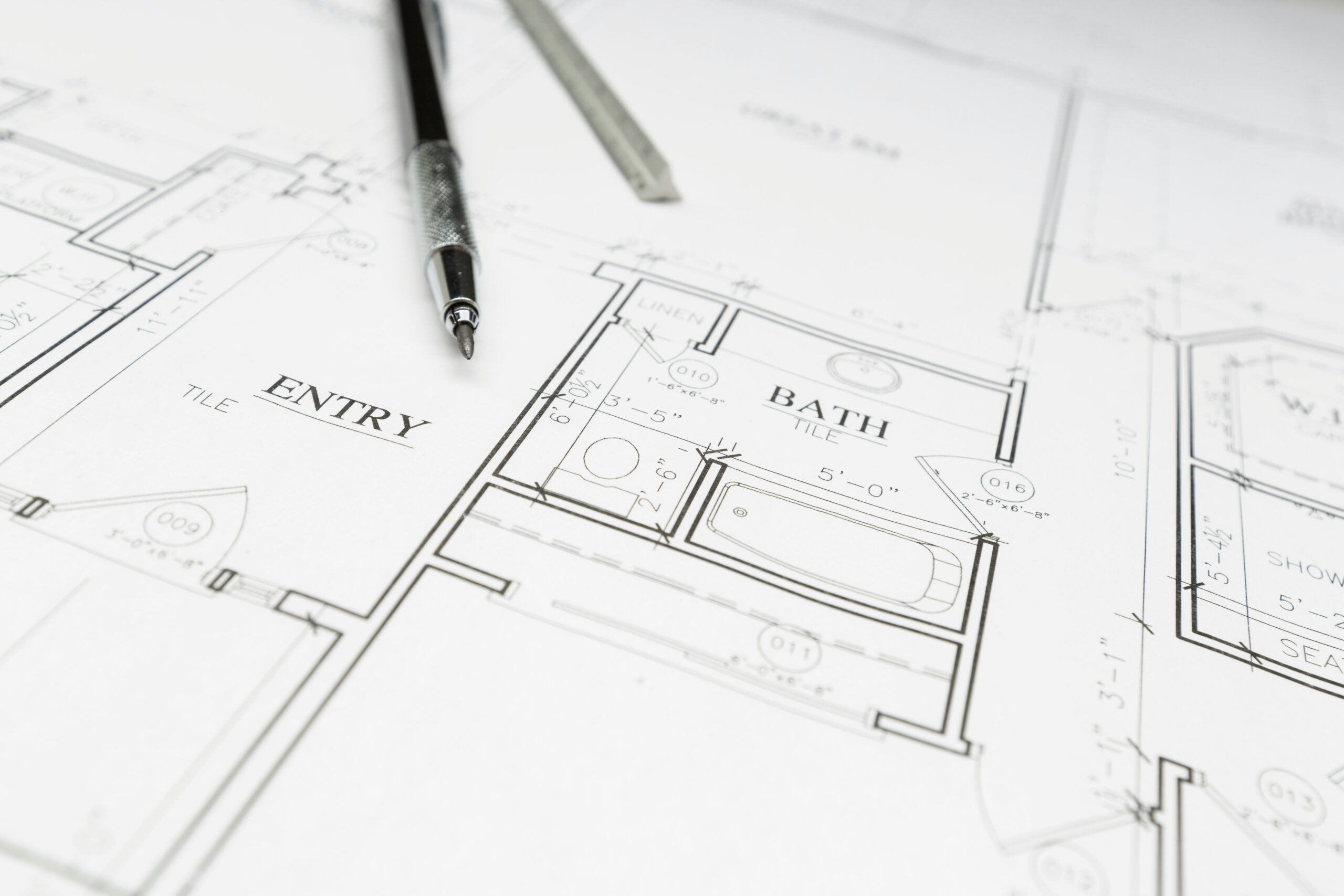
Estate planning is often overlooked, but ensuring that your assets are protected and your wishes are followed after you pass away is essential. It helps you plan, easing the burden on your loved ones. With a proper estate plan, you can avoid confusion and potential disputes, giving peace of mind to everyone involved. Here, we will explore the many benefits of estate planning and why beginning as soon as possible is essential.
Protecting Your Assets
One of the main benefits of estate planning is protecting your assets. It ensures that your wealth is distributed according to your wishes. Without a plan, your assets may be divided by the state’s probate laws, which might not reflect your intentions. By setting up a trust, will, or other planning tools, you can control how your assets are managed and who will benefit from them. Trusts, for example, can help shield assets from creditors, lawsuits, and estate taxes.
Furthermore, certain types of trusts can protect your property from being included in the probate process. This allows your heirs to receive their inheritance more quickly and efficiently. It also minimizes the risk of unnecessarily consuming your wealth by legal fees and taxes.
Avoiding Probate
Probate is the legal process that occurs after someone passes away. It involves proving the will’s validity, settling debts, and distributing assets. Probate can be time-consuming, expensive, and public, which may not be ideal for everyone. Estate planning can help you avoid or minimize the probate process. Using living trusts and designating beneficiaries, assets can bypass probate and go directly to the intended parties.
This not only saves time but also reduces the costs associated with probate. For those with specific wishes about how their estate should be handled, avoiding probate can also preserve privacy. A living trust, in particular, is a powerful tool that allows assets to be distributed without needing a court’s involvement.
Minimizing Taxes
Estate taxes can significantly reduce the value of your estate, leaving your beneficiaries with less than expected. Estate planning allows you to minimize or even avoid these taxes. Various strategies are available, including gifting assets during your lifetime and establishing irrevocable trusts. By doing so, you can reduce the taxable value of your estate.
Charitable donations are another effective way to reduce estate taxes. You can leave a portion of your estate to charity, lowering your taxable estate while benefiting a cause you care about. In many cases, using tax-efficient strategies in your estate plan can increase the value that your heirs receive and help your estate pass more smoothly.
Caring for Loved Ones
Estate planning ensures your loved ones are provided for according to your wishes. This is especially important for those with minor children or dependents. With a properly structured plan, you can name your children’s guardians and ensure their financial needs are met. Without a will or trust, the state will determine who cares for your children, which may not align with your preferences.
Additionally, estate planning allows you to provide for other loved ones, such as a spouse, elderly parents, or special-needs children. Trusts and wills allow you to designate funds or assets for their care, ensuring they are supported as you envision. It also helps ensure that your family does not face unnecessary financial strain or conflicts after your death.
Making Health Care Decisions
Another critical aspect of estate planning is preparing for potential medical issues or incapacity. You can specify your medical preferences by creating documents such as a living will and health care power of attorney. A living will outlines the type of care you want if you cannot communicate your wishes.
A healthcare power of attorney lets you designate someone to make medical decisions on your behalf if you cannot do so. These documents give you control over your healthcare even when you can’t speak for yourself. It also alleviates the stress on your family, who might otherwise have to make difficult decisions without clear guidance.
Estate planning is not just for the wealthy or older people. It is an important step that everyone should take, regardless of age or financial situation. Having a plan ensures that your assets are protected, your wishes are followed, and your loved ones are cared for. Estate planning provides peace of mind, knowing that you’ve taken the necessary steps to safeguard your future and the future of those you care about. Don’t wait—start planning today and experience the many benefits it has to offer.